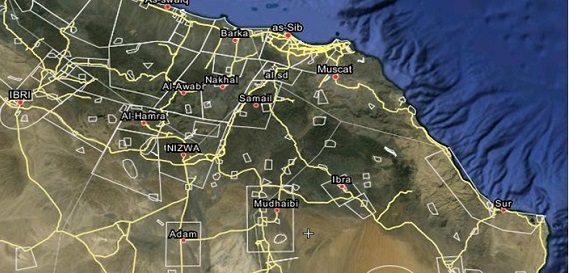In general, oil and natural gas resources are the property of the government of the country in which they are located. As a consequence, an oil company generally does not own the rights to discovered oil and gas but instead receives permissions to explore for and produce oil from the government of the country in question. These permissions are typically called concessions and licences.
A licence is usually divided into two parts – an exploration licence and a production licence. A company normally has to undertake certain work within an area during a specified period of time in order to receive an exploration licence. These work commitments are normally geological, geochemical or geophysical studies (seismic studies) and drilling operations. Oil companies do not necessarily have to pay money in order to receive exploration licences. Payment is instead the commitment of work. In some cases, a licence fee to the host country is statutory. If commercial volumes of oil or natural gas are discovered, the exploration licence converts into a production licence, where a royalty and/or a tax is applicable, or a production sharing agreement, where a certain share of the recovered oil or natural gas goes directly to the country. The division of oil and natural gas between the licence and the country in a production licence varies widely throughout the world. The duration of a production licence is usually 20–30 years.


